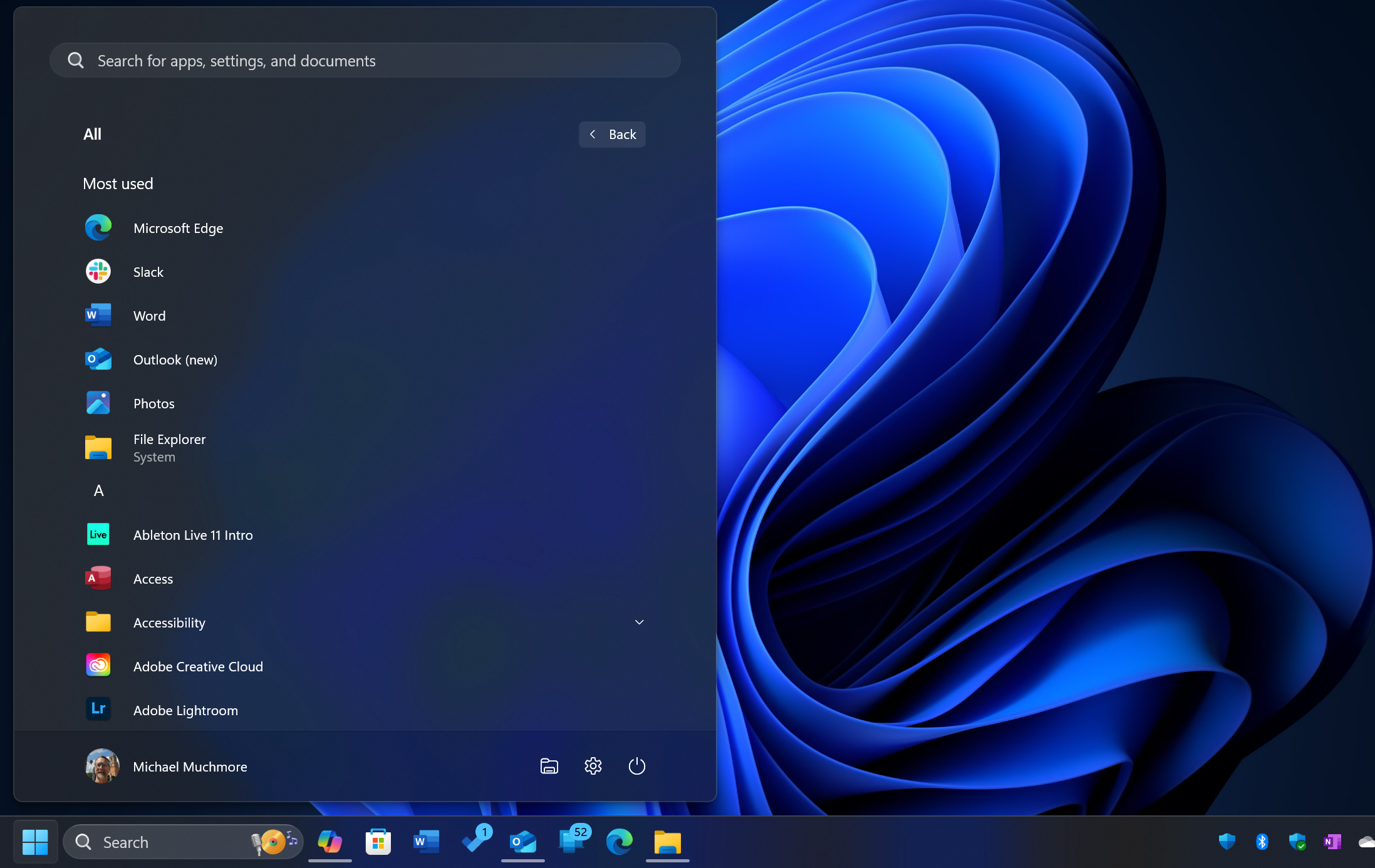Qualcomm works to extend Android software support for a wider range of smartphones. The company seeks to provide longer update cycles beyond the current industry standards. This effort directly addresses a significant concern among Android users: the limited duration of software updates. The goal is to ensure devices receive security patches and operating system upgrades for extended periods. This move potentially increases the lifespan of Android phones.
The current Android update model often leaves mid-range and budget devices with short software support windows. Many manufacturers prioritize flagship models. This results in older devices becoming vulnerable to security threats and missing out on new features. Qualcomm’s initiative targets this issue. The company aims to provide a framework that simplifies the process for manufacturers to offer longer support.
Qualcomm plans to work closely with Google and Android device manufacturers. This collaboration aims to streamline the update process. The company focuses on the chipset level. Providing extended support at this level makes it easier for manufacturers to deliver updates. This approach reduces the complexity and cost associated with long-term software maintenance.
The plan involves providing extended support for Qualcomm Snapdragon chipsets. These chipsets power a large number of Android devices. By providing longer support for these chips, Qualcomm enables manufacturers to offer longer software updates. This strategy impacts a wide range of devices, not just flagship models.
Data from industry analysts reveal that many Android devices receive only two to three years of software updates. This timeframe leaves a significant portion of the device’s lifespan without crucial security patches. Qualcomm wants to increase this timeframe. The company aims to provide four years of major Android OS updates and five years of security patches, or even longer. This extended support aligns with the support offered by some other operating systems.
The company’s strategy addresses security concerns. Older devices without security patches are more vulnerable to malware and cyberattacks. Extended support enhances device security. It protects user data and privacy.
The extended support also provides economic benefits. Users can keep their devices longer. This reduces the need for frequent upgrades. It also reduces electronic waste. Longer device lifespans contribute to a more sustainable technology ecosystem.
Qualcomm acknowledges the challenges involved in implementing this plan. The company works to overcome these challenges. The company needs to work with many different manufacturers. The company must ensure that the updates are compatible with various device configurations.
The company’s approach includes working on a modular system. This system allows manufacturers to easily apply updates. This system reduces the need for extensive customization. It simplifies the update process.
Qualcomm’s focus on the chipset level provides a foundation for longer software support. This approach improves the overall Android user experience. It ensures devices remain secure and functional for a longer period.
The company has not released a specific timeline for when these changes will be fully implemented. Qualcomm continues to work with partners. The company aims to bring these changes to market as quickly as possible.
The impact of this initiative has the potential to reshape the Android ecosystem. It could set a new standard for software support in the industry. It could also influence other chipset manufacturers to adopt similar practices.
Qualcomm’s move reflects a growing awareness of the importance of long-term software support. It addresses user concerns and promotes a more sustainable technology model.










Add Comment